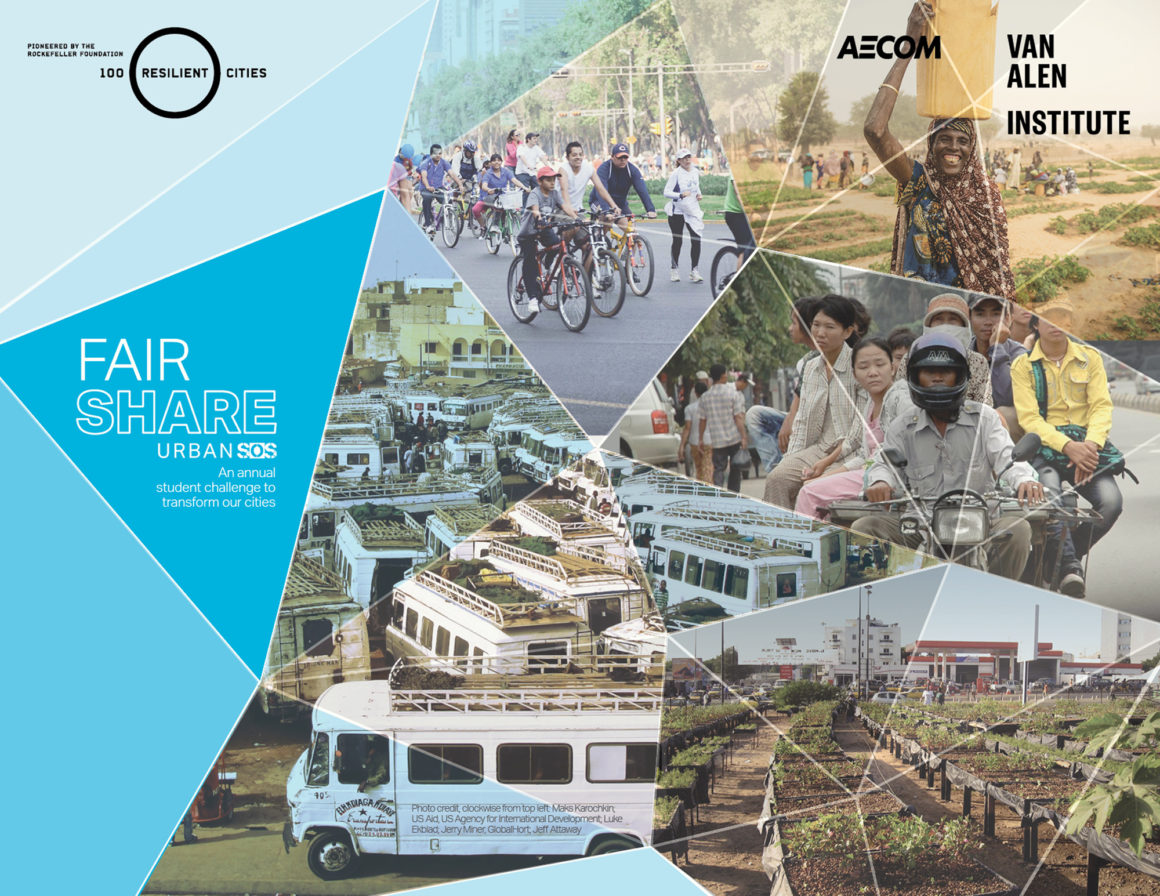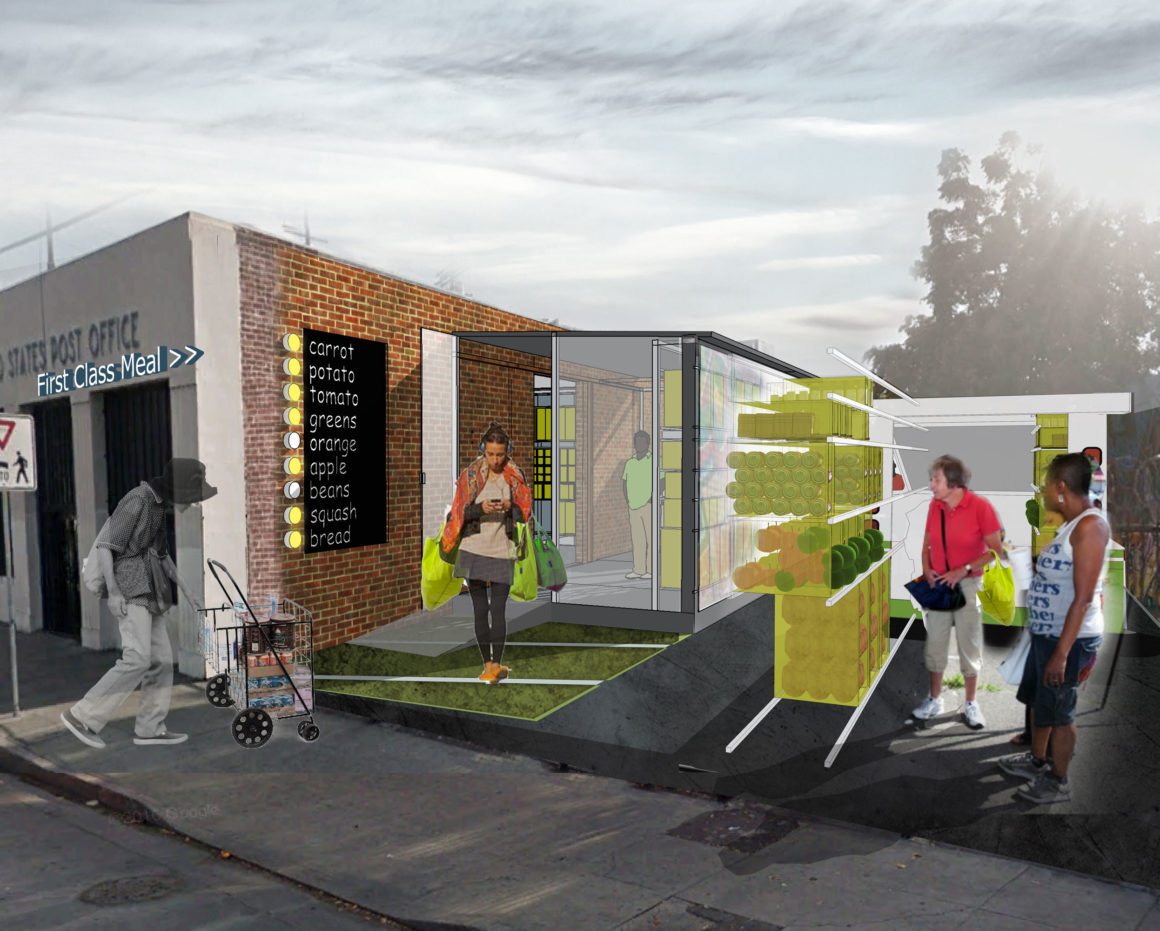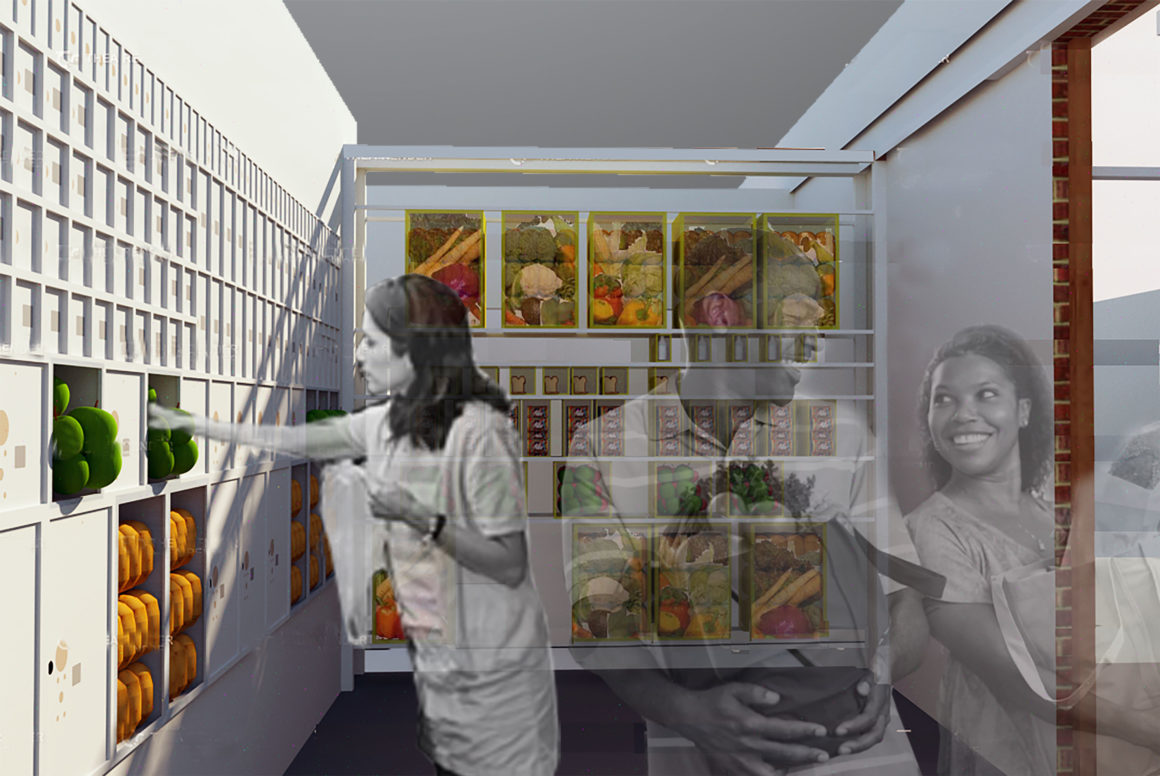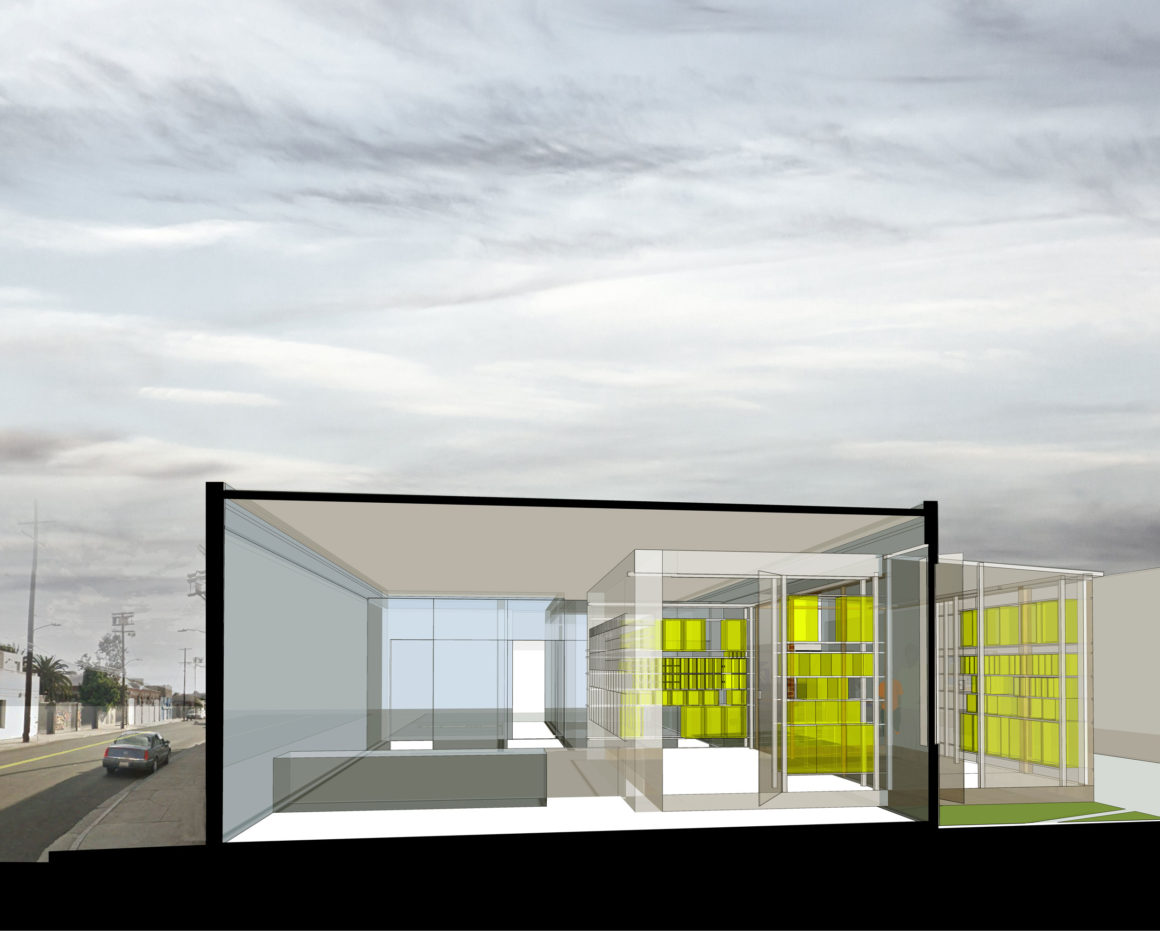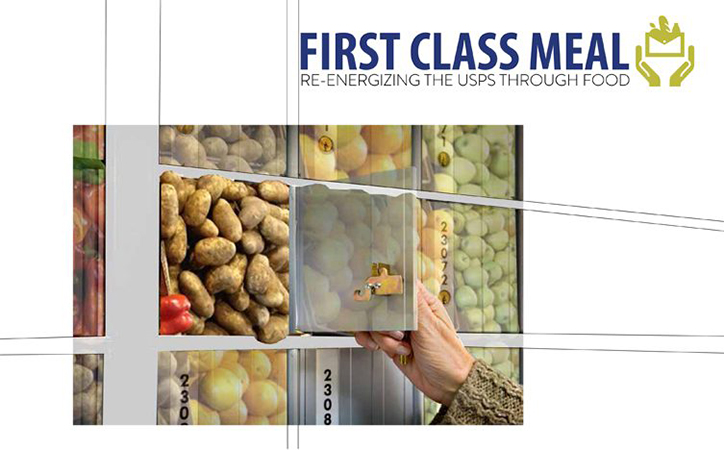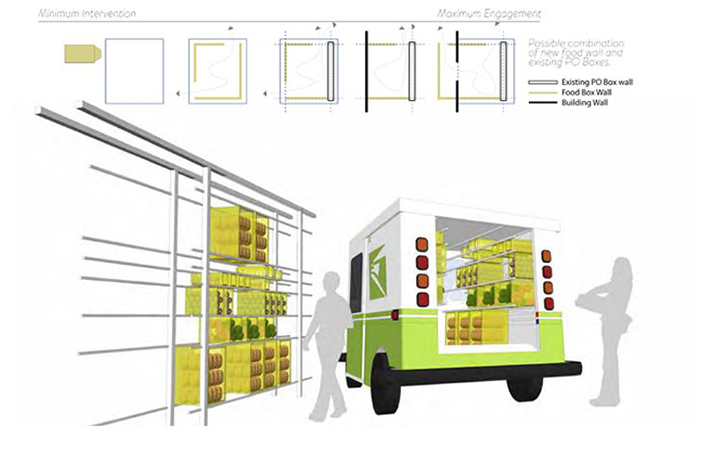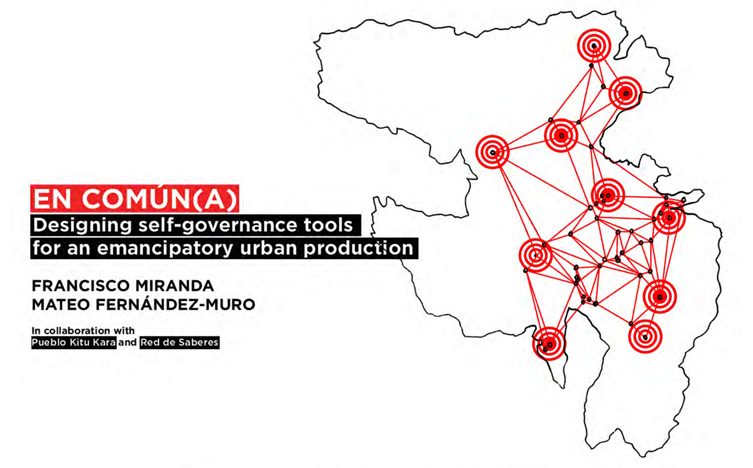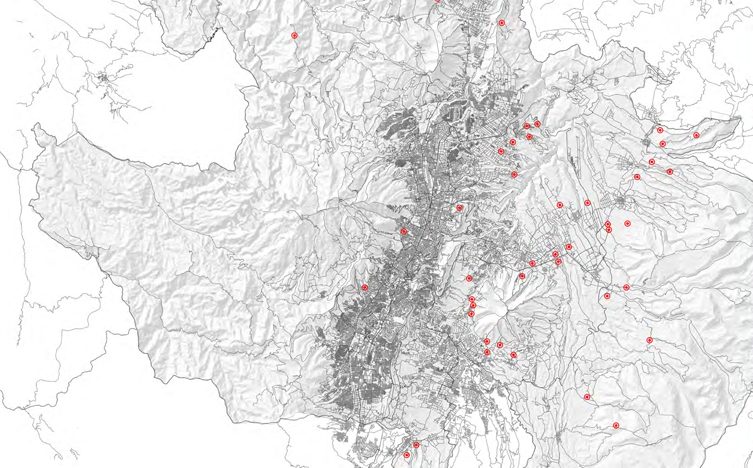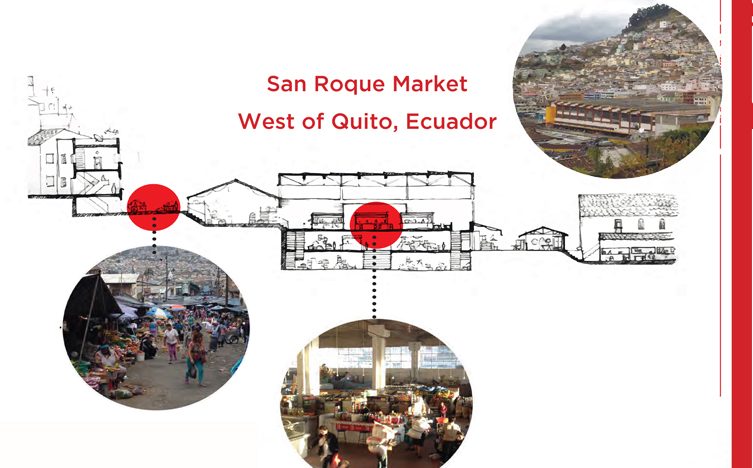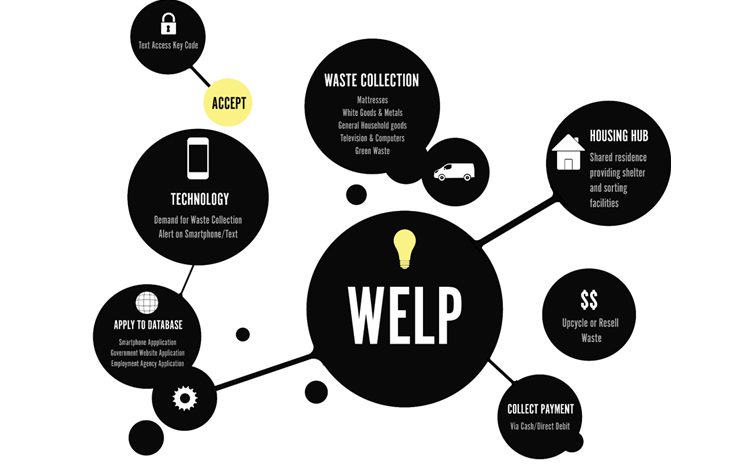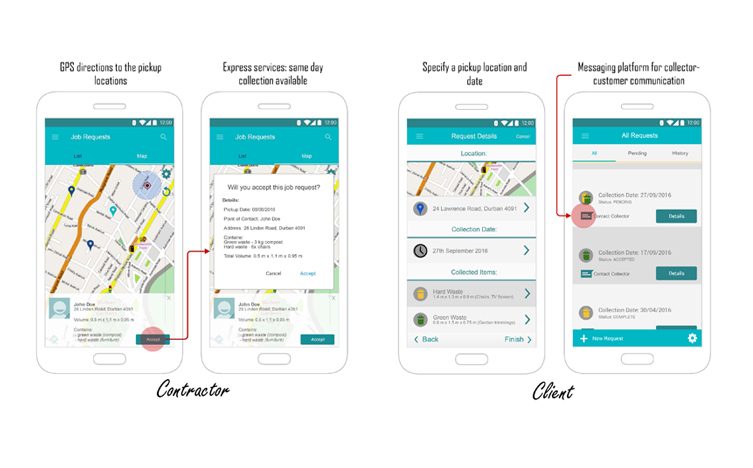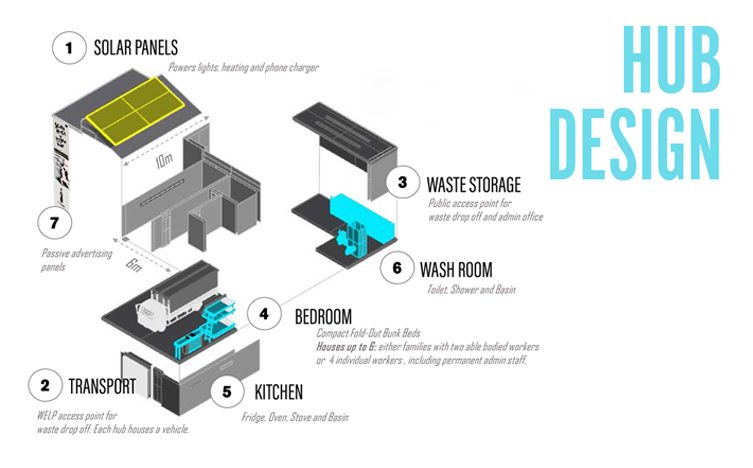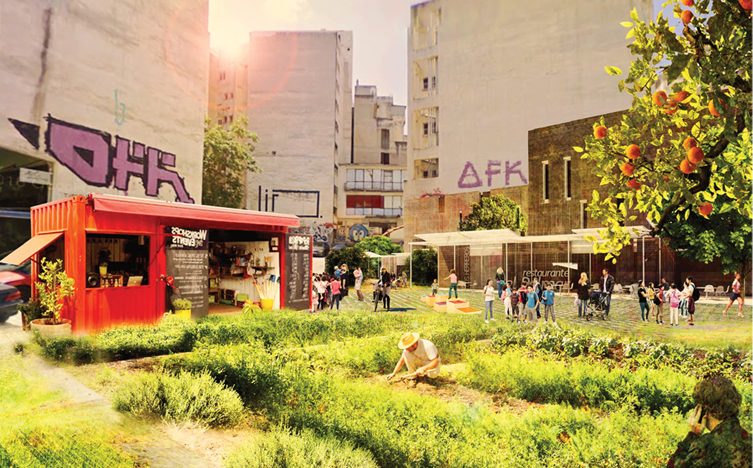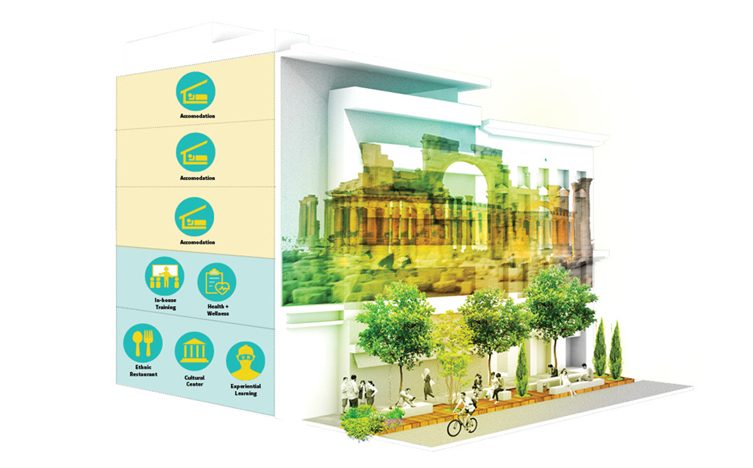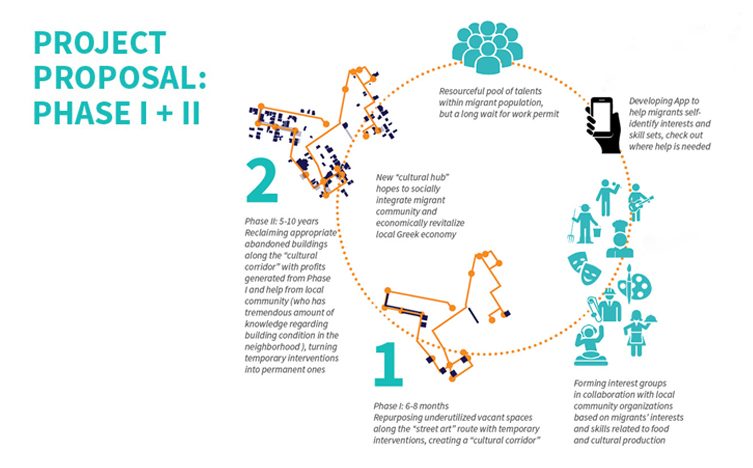Urban SOS: Fair Share challenged students to apply the tools and technologies of the sharing economy in support of more equitable access to resources, sustainable built environments, and enriched lives for urban residents.
AECOM and Van Alen Institute challenged students around the globe to come together across disciplines to tackle some of the most pressing issues faced by the world’s cities.
As digital natives, today’s students are adapting to the sharing economy faster than any other demographic. Fair Share challenged multidisciplinary teams of students to create a new generation of digital innovations combined with physical design strategies to improve how cities provide housing, open space, transportation, jobs, care, and many other services and resources.
Teams included up to four members from two disciplines at a minimum (such as design, engineering, business, technology, public health, policy studies, economics, sociology, international development, social entrepreneurship or any other relevant fields). Proposals were located in any of the cities within the 100 Resilient Cities network. Eligible participants were enrolled in a certified program during the 2016 academic year at Bachelors, Masters, or Ph.D. levels.
The closing date for submissions was September 12, 2016. Juries comprised of thought leaders in three global cities selected competition finalists who advanced to the final round in Los Angeles in January 2017 to present their proposals before an interdisciplinary panel. The winning teams took home $15,000 in prizes. In addition, AECOM made available up to $25,000 of cash and in-kind staff time to support the implementation of the winning proposal
To learn more, visit the official Urban SOS: Fair Share website or check out our Project Summary. Click here to view the competition brief.
Winner
First Class Meal
Los Angeles
Anu Samarajiva, Masters of Architecture, Washington University in St. Louis
Irum Javed, Masters of Public Health, Washington University in St. Louis
Lanxi Zhang, Masters of Landscape Architecture, Washington University in St. Louis
The team behind the 2016 winning proposal, First Class Meal, propose using the United States Postal Service’s (USPS) distribution infrastructure and building stock to help collect, store and redistribute surplus food to areas with low food access. The benefits? Reducing food insecurity and activating USPS offices slated for closure. First Class Meal would use technology to connect need with supply, proposing that USPS’s current package tracking system be evolved so food suppliers can notify USPS drivers when food items are ready for pick-up. Companies such as FedEx and Amazon already use USPS infrastructure to help boost their operating capacity. First Class Meal envisions food banks, restaurants and households doing the same to increase food access in areas of need.
2nd Place
En Comúna
Quito, Ecuador
Mateo Fernández-Muro, ETSAM, Universidad Politécnica de Madrid
Francisco Miranda, Theory and Urban Practices, Parsons The New School for Design
En Comúna is helping residents of indigenous communes (self-governing territories) in Quito, Ecuador, to share resources, and improve the social and economic infrastructure of their communities. Concurrently with submitting a proposal for Urban SOS: Fair Share, the team has been working with 18 communes to develop En Comúna. The team has engaged residents in 18 of Quito’s communes to produce a pilot website that maps their needs and resources, making it easier for people to connect and work collectively. Ultimately, the idea could help people with a range of community development projects, from creating cooperative banks to building homes and connecting employers with skilled workers.
3rd Place
WELP
Durban, South Africa
Mari Smith, Civil Engineering and Architectural Design, Monash University
Vivian Ly, Commerce and Civil Engineering, Monash University
Lixin Wang, Civil Engineering and Arts, Monash University
Kate Maxfield, Medicine and Global Politics, Monash University
The Waste-Help System — or WELP — creates a municipal sharing platform for Durban, South Africa, that connects households with waste to collectors who earn income for disposing of it. The proposal improves Durban’s specialized waste disposal infrastructure while also providing income and facilities to the city’s poor. Households and collectors can find each other through a new app or text messaging service, empowering residents to collectively improve the city’s waste infrastructure system. Collectors bring the bulk waste to five new hubs citywide that also offer vital services to collectors including temporary housing, bathrooms and kitchens.
Honorable Mention
The Living City
Athens, Greece
Ho-Ting Liu, Landscape Architecture, Harvard University Graduate School of Design
Faranak Khas Ahmadi, Landscape Architecture, University of California — Berkeley
Anduriña Espinoza, Migration Studies, University of Oxford
Jenny Kyung Jin Lee, Public Administration in Development Practice, Columbia University
In 2016, the number of refugees worldwide reached its highest number in history. Capitalizing on vacant buildings in Athens and the influx of migrants, The Living City aims to create a common space of commerce and services where refugees can contribute and adapt to their new communities. The Living City proposes revitalizing abandoned building stock in Athens, beginning with the Exarcheia neighborhood, creating a hub focused on culture and food production. An app would help refugees to connect to the development, allowing them to self-identify interests and skill sets, and to see where help is needed.
